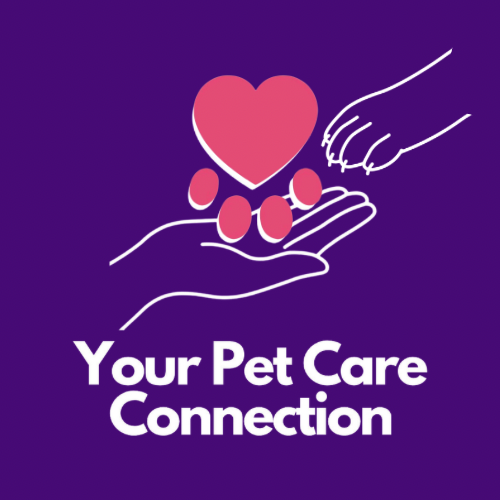No One Falls In Love With Bad Breath
It’s that time again, February, and pet dental health month is upon us. In this month’s pet blog post we’ll discuss the details of pet dental health. So read on, and let’s discuss how Moore County pet owners can support their pets, on their way to an even cuter smile!
Often Untreated
While awareness on the topic of pet dental health has increased over the years, it’s still a prevalent problem with today’s pets. According to the American Veterinary Dental Society, around 80% of dogs and 70% of cats show signs of oral disease by the age of three. This may be because pet dental health problems are often under-diagnosed, with many owners not recognizing the signs of dental issues until they become severe.
More Than Bad Breath
Pet dental health affects more than just your pet cuddle sessions (That bad breath? Yuck!), It affects your pet’s overall health too. Persistent halitosis, or bad breath, is one easy indicator of plaque and tartar build-up on your pet’s teeth.
This plaque build up, over time, can ultimately lead to more severe problems. When left unattended, plaque eats away at the tooth, causing decay and infection. Gum infections then quickly turn into blood infections, which if left unattended can affect your pet’s heart, liver, and kidneys.
So, when you take your pet to the vet next, be sure to have them look at their teeth. Besides showing off the best smile in Moore County, your pet’s teeth can also tell us a lot about their overall state of well-being!
Plaque Isn’t Picky
Different factors, such a breed, size, age, and diet can all affect your pet’s dental. But no pet gets off 100% scotch-free.
While smaller dogs are more prone to plaque and tartar buildup, it by no means excludes larger animals from the same sort of grievances. Dogs, cats, horses, and all manner of animals, can be affected by their dental health, just like we are.
The Top Three Suspects
Here are three major categories to consider when approaching your pet’s dental habits:
- Age & Activity: Young pets, with higher activity levels, tend not to need veterinary dental care as often. Older pets may become more prone to plaque buildup, partially due to their reduced chewing habits, and may require more regular cleanings.
- Genetics: Your pet’s breed, and even their bloodline, plays a large role in what their overall dental health is likely to be. A quality breeder should selectively choose pets without known dental issues when making a pairing. Paternal dental records are commonly shared, along with other health records, as proof of a quality litter. Certain breeds also tend to have more overall dental health issues than others. Small dogs tend to develop dental build-up more easily, just as many mixed breed pets tend to vary.
- Diet: Your pet’s diet is an integral part of your pet’s health, and not just for the nutritional value. The consistency, and quality, of your pet’s food may determine ease of plaque buildup. Exclusively feeding wet food, versus dry, to a pet without any healthy chewing habits may contribute to more plaque build up. Healthy chew toys, or dry food, may aid by providing friction during consumption.
With these three key takeaways in mind, here’s a quick list of tips for helping your pet, and their smile, healthy.
5 Healthy Dental Habits For Pets
- Regular Brushing: Establish a routine of brushing your pet’s teeth regularly with a pet-friendly toothbrush and toothpaste. Never use human toothpaste for pets; choose toothpaste formulated specifically for them.
- Bones & Dental Chew Toys: Provide chew toys to help reduce plaque and tartar buildup while keeping your pet entertained. Offer dental-approved treats or bones that encourage chewing, which can help clean teeth naturally. Make sure to feed any edible bones as directed, and that are appropriately sized for safety.
- Water Additives: Consider using water additives designed to promote dental health, helping to reduce bacteria in your pet’s mouth.
- Regular Monitoring: Keep an eye on your pet’s behavior and check for signs of dental problems, such as bad breath, swollen gums, or difficulty eating.
- Professional Dental Check-ups: Schedule regular dental check-ups with your veterinarian to catch and address dental issues early. Make sure your pet gets their regular dental cleanings done on time, or as recommended by your veterinarian.
Scrubbing Out
By incorporating these healthy dental habits into your pet’s routine, you can contribute to their overall well-being while minimizing the risk of dental issues. Regular attention to your pet’s oral health is a small investment with significant long-term benefits.
Many Moore County NC veterinarians run dental cleaning specials during February’s pet dental health awareness month. Don’t wait to talk to your vet veterinarian, see how you can contribute to your pet’s healthy smile this February!







